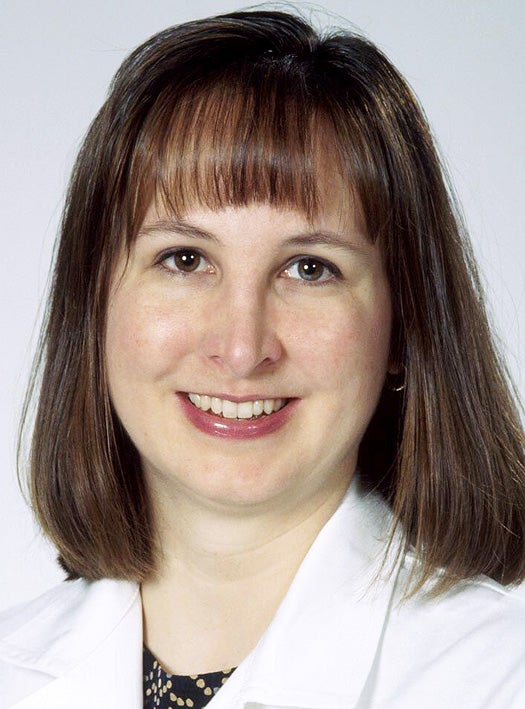COVID-19 Vaccine: Who gets it first?
Published 12:00 am Saturday, December 12, 2020
|
Getting your Trinity Audio player ready...
|
*Editor’s Note:This is a quickly developing situation that is changing daily.
We can expect a limited supply of approved vaccines before the end of the year. Before the vaccine(s) are distributed, they first must be approved by the U.S. Food and Drug Administration, which has a rigorous scientific and regulatory processes in place to ensure the safety, effectiveness and quality of the COVID-19 vaccine. Once approved under Emergency Use Authorization, the vaccine can begin being distributed. However, because there will be a limited supply when the vaccine is first introduced, we can expect it will be distributed to certain groups of people first. But who are they?
In order to decide who gets the approved COVID-19 vaccines first, the National Institutes of Health and Centers for Disease Control and Prevention have formed a committee that will help assist leaders in who should get the vaccine first. The committee will take into consideration factors such as:
- Population health disparities, which is a health difference that is closely linked with social, economic and/or environmental disadvantage
- People at higher risk because of health status, occupation or living conditions
- Geographic distribution of active virus spread
Based on these criteria, we can expect healthcare workers with the highest risk of exposure to the COVID-19 virus will be eligible for vaccination first. Additionally, the highest-risk patients – both medically and due to age or working in essential industries – will also be eligible to receive the vaccination first.
Supply of the vaccine will continue to increase in the weeks and months that follow its emergency use approval and will become more widely available for all. Widespread vaccination is important in preventing the spread of COVID-19. Stopping a pandemic requires using all the tools available. Just as we are wearing masks and social distancing, getting the vaccine will help us prevent the spread of the virus and reduce your chances of getting it. Even if you are someone that has already contracted COVID-19, it is still recommended you receive the vaccine once it becomes available because there is not enough information currently available to say how long after infection someone is protected from getting COVID-19 again.
In order to stop this pandemic, we need to use every tool available, which includes immunization, social distancing, handwashing and wearing masks.
Dr. Katherine Baumgarten earned her medical degree at Louisiana State University and completed her internship and residency at the University of California in Fresno. She completed her infectious diseases fellowship at Ochsner and has been on staff at Ochsner since the summer of 2000. To schedule an appointment, call 1-866-624-7637.





